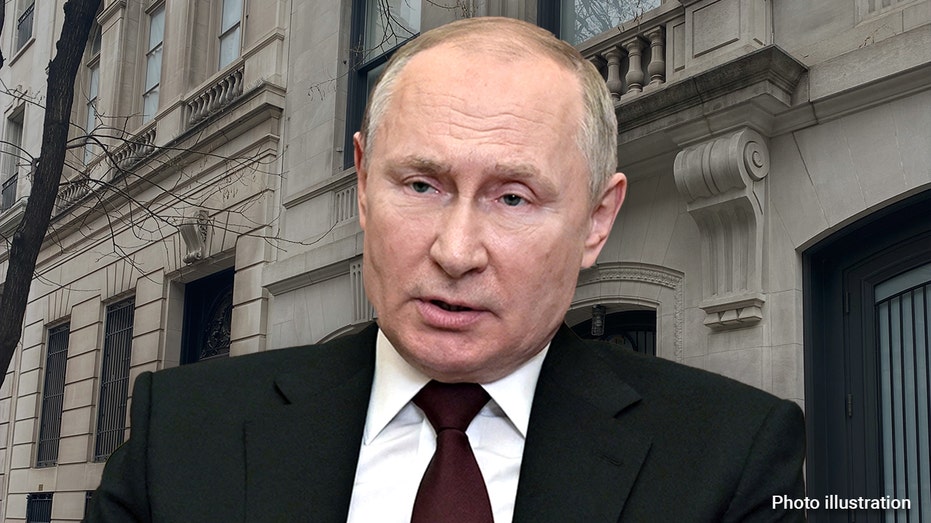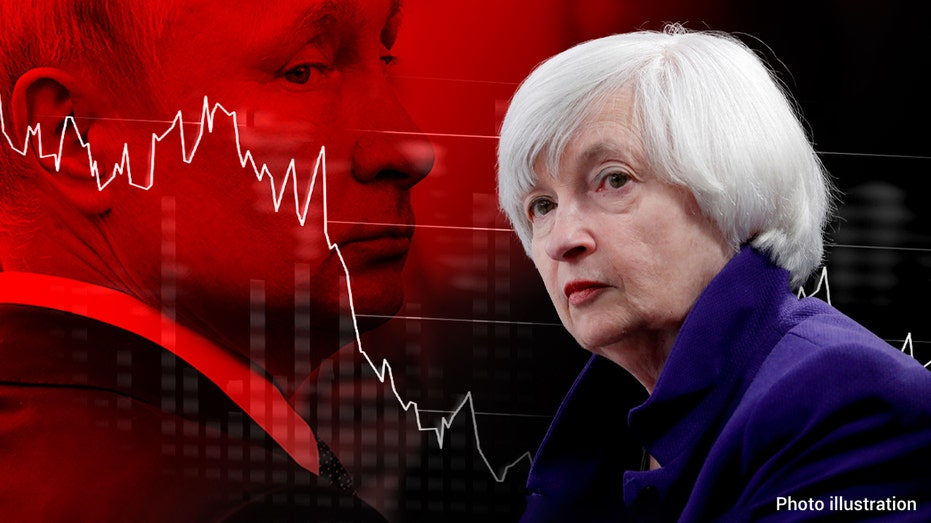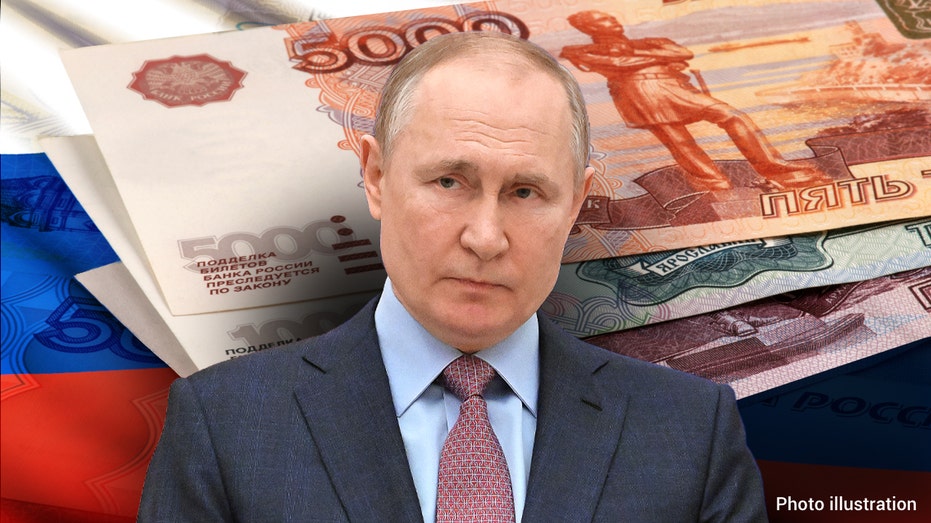Russia defaults on foreign debt for first time since 1918 following sanctions
Russia missed payments on two foreign-currency bonds as of late Sunday, according to holders of the bonds
Russia defaulted on its foreign-currency sovereign debt for the first time in more than a century after failing to make two payments by the Sunday night deadline.
Moscow missed the deadline to meet a 30-day grace period on interest payments that were originally due May 27, but it could be a while before the default is confirmed.

Russian President Vladimir Putin. (Getty Images / Getty Images)
The debt default stems from the sanctions imposed over Russia's invasion of Ukraine, which was launched in late February. The default signals the first of its kind since 1918, although Russia has called it artificial because it can afford to pay its debts, but sanctions have frozen its foreign currency reserves held abroad.
"There is money and there is also the readiness to pay," Russian Finance Minister Anton Siluanov said last month. "This situation, artificially created by an unfriendly country, will not have any effect on Russians’ quality of life."
BIDEN SUGGESTS REPUBLICANS WHO CRITICIZE HIM FOR HIGH GAS PRICES WOULD HAVE PUTIN ROLL OVER UKRAINE
The U.S. Treasury Department last month ended Russia’s ability to pay back debt to international investors through American banks. The Russian Finance Ministry then said it would pay dollar-denominated debts in rubles and offer "the opportunity for subsequent conversion into the original currency."

Russian President Vladimir Putin in a photo illustration also showing U.S. Secretary of the Treasury Janet Yellen. (Shutterstock | Getty Images)
The country owes around $40 billion in foreign bonds, about half of that is owed to foreigners.
Prior to Russia's war on Ukraine, it had around $640 billion in foreign currency and gold reserves. Much of this had been held overseas, but has since been frozen.
FAMILIES IN AFRICA BURDENED WITH HIGHER FOOD COSTS, HUNGER BECAUSE OF RUSSIA'S WAR ON UKRAINE
Russia defaulted on its domestic debts in the late 1990s but was able to recover with the assistance of international aid.

Russian President Vladimir Putin. (Getty Images / Getty Images)
CLICK HERE TO READ MORE ON FOX BUSINESS
A foreign debt default was inevitable for Russia as investors have predicted for months that Moscow would default. Insurance contracts covering Russian debt have, for weeks, placed an 80% likelihood the country would default.
The Associated Press contributed to this report.





















